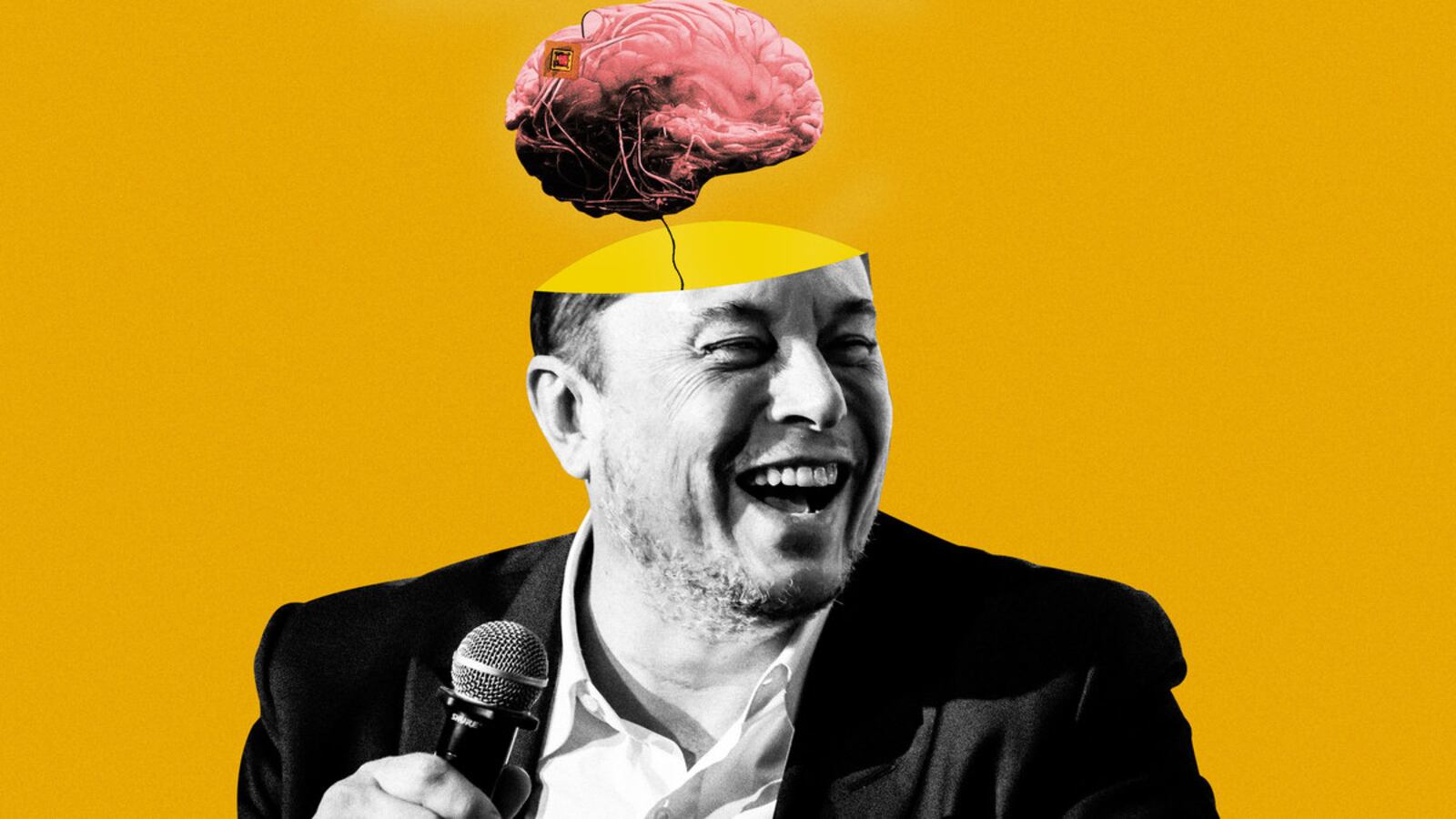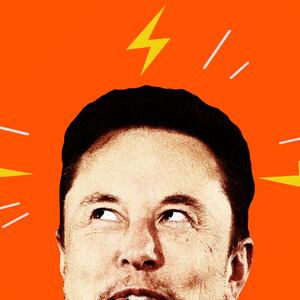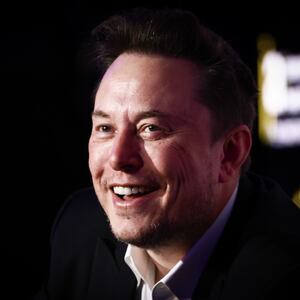On Monday, Elon Musk announced on X that a patient successfully received a brain implant from his neurotechnology startup Neuralink. He added that the patient was “recovering well” and exhibited “promising” initial results.
Musk followed the news later with another post on X announcing that Neuralink’s first product would be called “Telepathy” that would allow users to control their devices “just by thinking.”
“Imagine if Stephen Hawking could communicate faster than a speed typist or auctioneer,” he added. “That is the goal.”
But there’s just one problem: We only have Musk’s word to take for it. At the time of publishing, Neuralink has yet to release an official statement, and the company’s website makes no mention of the operation. Given Musk’s long and sordid history of overpromising and underdelivering, there’s little reason to trust what he has to say.
Neuralink did not respond when reached for comment.
If it is true that the company has successfully implanted a chip into a human patient, it’d actually be another example of Musk’s tendency to underdeliver: The company announced that it would be putting brain chips into humans “within six months” all the way back in 2022.
This isn’t to say that there’s no way the company has successfully performed the operation. Neuralink has been working on their BCI for years now. This includes technology such as the N1 link, the company’s wireless BCI chip; and the R1, a seven-foot-tall robot that the company said would be able to implant the N1 into a human brain.
However, it’s worth taking the announcement with a grain of salt—especially considering Musk’s tendency to overstate things on X, only to attempt to walk it back later.
If the announcement is true, Musk’s claim would be a big milestone for the company, which has been beleaguered with delays and controversies since its inception. While Musk initially announced in 2019 that Neuralink was going to start human trials of its brain chips in 2020, those trials were repeatedly delayed due to FDA approvals.
In Aug. 2022, Reuters reported that the billionaire was upset that Neuralink was beaten to human trials by numerous other neurotechnology competitors such as Synchron, which successfully implanted its brain-computer interfaces in a human using a much-less invasive procedure. Meanwhile, Neuralink has been steadily bleeding executives and leadership—with one of its original co-founders leaving in July 2022.
In the background of all of this, Neuralink came under fire after an animal rights group complained to the U.S. Department of Agriculture that the company had tortured and mutilated 23 lab monkeys over the course of testing its brain chips.
So, until we hear from the company itself and see the results via a peer-reviewed paper, it’s best to be cautiously skeptical. While the tech could no doubt help improve the lives of those with mental and physical disabilities, there’s no point in generating hype and excitement where there is none. In fact, it could potentially be dangerous as it would damage public perception in these technologies.
Besides, if we’ve learned anything from overhyped tech and science announcements in the past year, it’s better to err on the side of caution than to let hype get the best of you.







